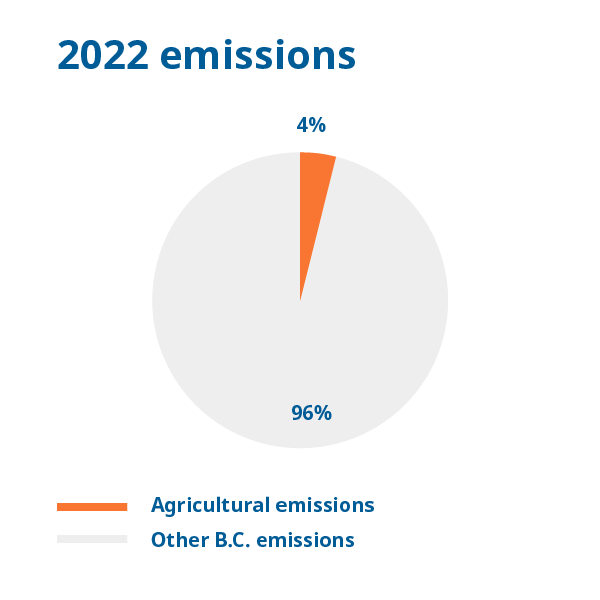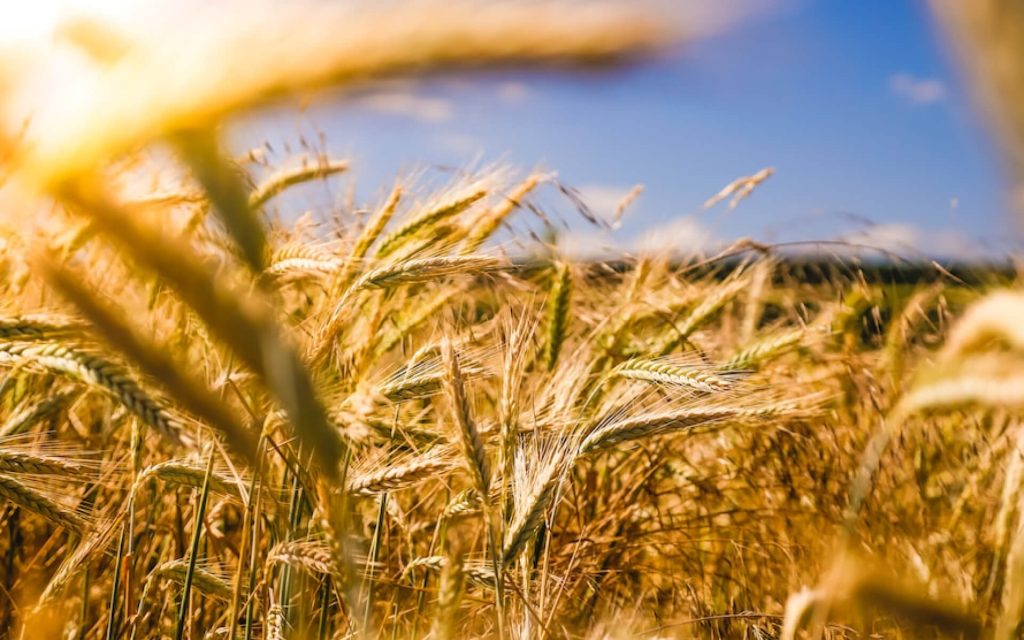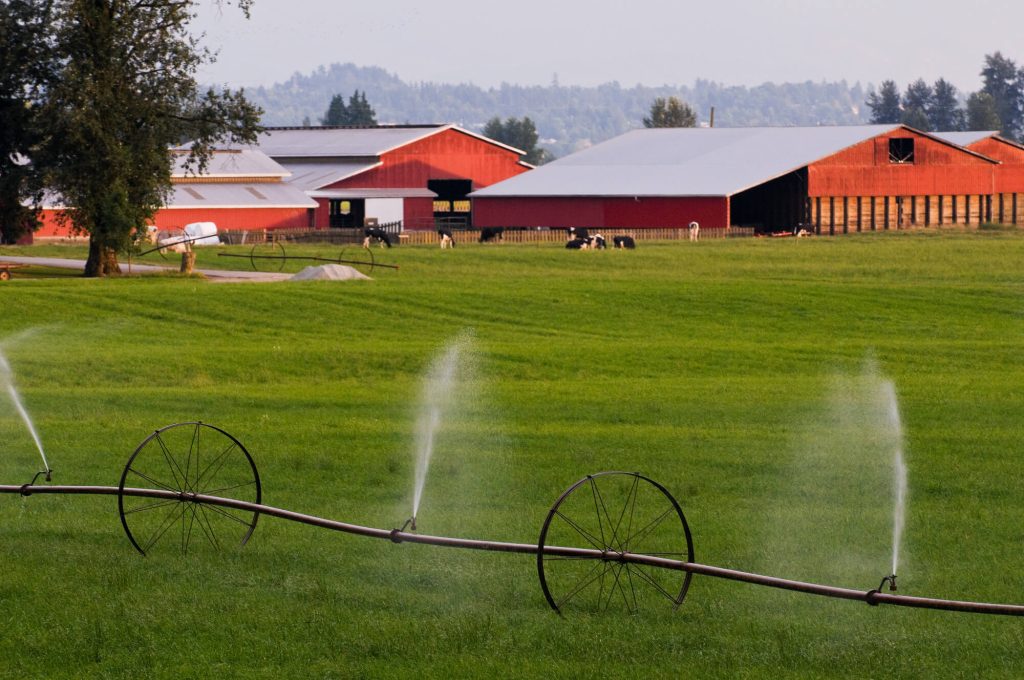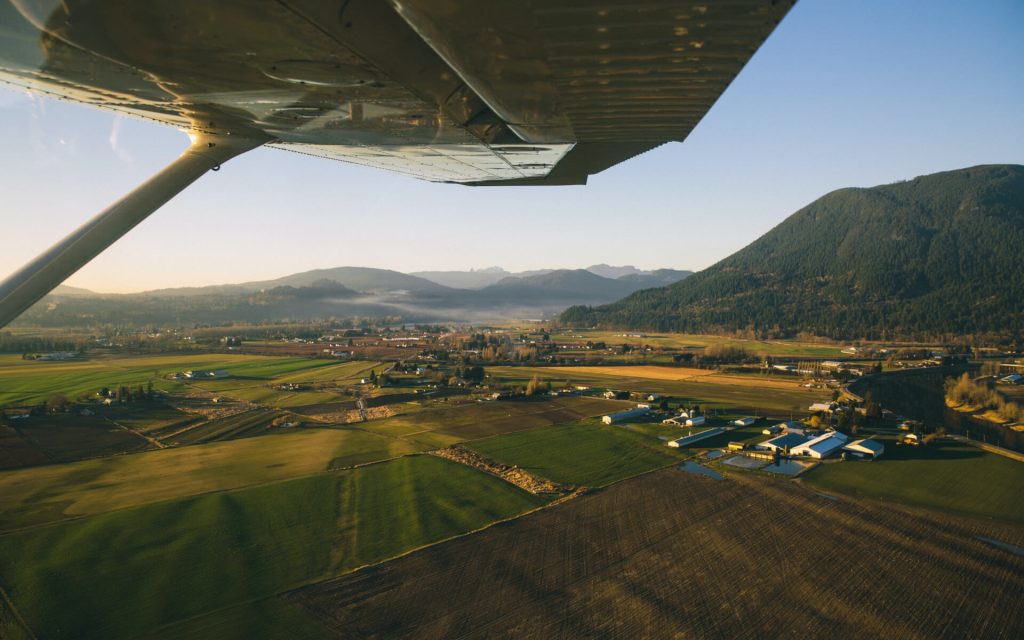How we use fossil fuels on farms
In 2021, agriculture caused 5% of emissions in B.C. We use fossil fuels to power farm equipment like tractors and trucks, and to heat greenhouses. Farm animals release methane gas when they digest food. Storing the manure and compost we use to fertilize crops can release nitrous oxide and methane. We use fossil fuels to manufacture fertilizers, which can release nitrous oxide into the air.
Tracking emissions from agriculture
Farming and food production are also sources of greenhouse gases. The biggest source of agricultural emissions in B.C. comes from the digestive processes of cattle.
We measure emissions from:
- Growing crops
- Raising livestock
- Using fossil fuel on farms
Agriculture caused 4% of emissions in B.C. in 2022.

Reducing emissions from agriculture

Each farm in B.C. has different challenges when reducing climate pollution.
We’re promoting good farm practices such as:
- Giving fields time to recover after livestock graze on them
- Switching to electricity and cleaner fuels
- Changing how livestock are fed
- Storing compost and manure in climate-friendly ways
- Using the right manure and fertilizer at the right time and place
B.C. is taking action
Learn how B.C. is working with food producers to make cleaner choices and prepare for the future.
-
Actions we are taking, Data analysis, modelling and reporting, Sustainable forestry, agriculture and food
Enhancing weather monitoring for agricultural producers
We’re improving the provincial agricultural weather monitoring network with the help of producers and experts. The network assists agricultural producers with on-farm decision-making.
-
Fostering innovation in sustainable agriculture
The Canada-BC Agri-Innovation Program helps industry, academia, food processors, retailers and others access funding to innovate in B.C.’s agriculture and food industries.
-
Helping agricultural producers adapt to climate change
We’re working with producers and academics. Together, we are developing tools and resources for on farm practices that enhance the sector’s ability to adapt to climate change.




